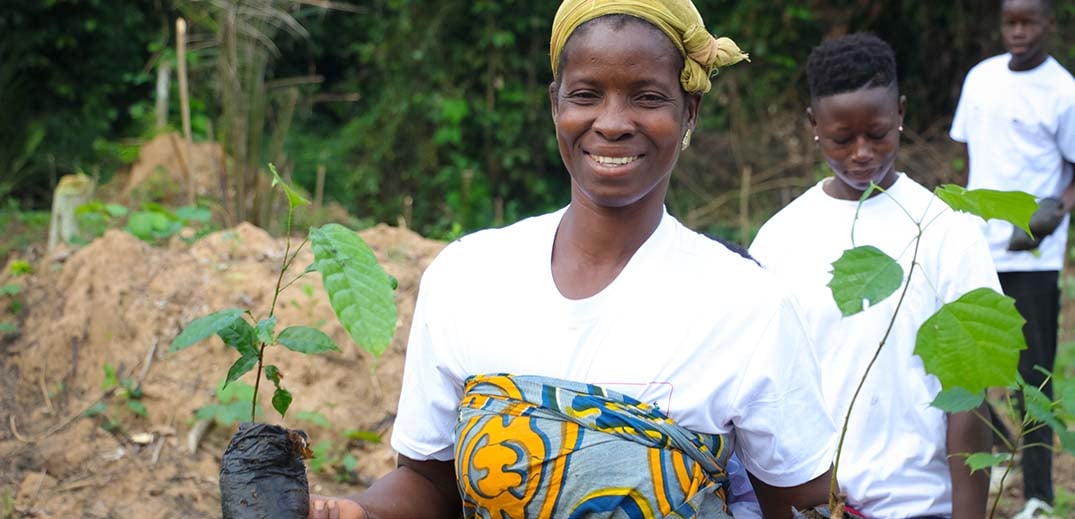
5 Steps to Build an Effective CSR Strategy
In today’s business landscape, Corporate Social Responsibility (CSR) has evolved from being a “nice-to-have” to ...

Nestlé has launched two new projects, developed with suppliers Cargill and ETG | Beyond Beans, both aiming to reduce and remove carbon emissions from its supply chains within the framework of commitment to reach net zero emissions by 2050.
The five-year projects will promote agroforestry, accelerate the transition to regenerative agriculture and support the reforestation of degraded lands around cocoa farming communities.
Different, multi-purpose species of shade trees will be distributed to farmers, who will learn tree planting and pruning. Shade trees are used to help reduce the harsh effects of the sun and provide moisture-rich spaces for cocoa crops to survive during the dry season. They can also improve water management and enhance on-farm biodiversity, as well as absorbing carbon from the atmosphere.
Collectively, the projects aim to plant over two million shade trees on land managed by close to 20 000 farmers in Ghana and Côte d’Ivoire. Together, the projects are estimated to deliver a reduction and removal of over 500 000 metric tons of carbon over a 20-year period.
“These projects are important milestones on our journey to net zero. We’re working to address our emissions all the way to the farms we source from,” said Darrell High, Global Cocoa Manager at Nestlé. “Long-lasting forest protection can only happen when collaborating with fully committed suppliers, just like Cargill and ETG | Beyond Beans. We also depend on the participation of local communities, who have an impact on the forests and can help find land-use solutions that are best suited for the local reality.”
Close collaboration with local communities is a key aspect of the projects. Their involvement includes selecting community-owned fallow land for reforestation work and starting with the establishment of tree nurseries. These nurseries produce and grow seedlings for later transplantation on-farm. Participating farmers will sign up on a voluntary basis and should already be part of the Nestlé Cocoa Plan.
The survival rate of the trees is also an important success factor. Farmers will receive an incentive payment when they plant the tree seedlings and care for them during the critical initial years. Regular farm visits will also be performed to monitor and provide advice and technical assistance where needed.
“We are proud to partner with Nestlé on this ground-breaking carbon reduction project that transitions away from business as usual,” said Remi van Balen, Program Manager Agroforestry and Environment, ETG | Beyond Beans. “Our project design has a holistic landscape approach which goes beyond cocoa plots and involves the whole community in reforestation initiatives. These initiatives not only create job opportunities but are also connecting, restoring and protecting valuable community forests.”
“This initiative can really make a difference,” said Ursule Gatta, Cargill Partnership Officer Ivory Coast. “Our ambition is to scale up the project to cover 18 cooperatives over five years, aligned with the Nestlé Income Accelerator program. We are very proud to be a part of this.”
اترك تعليقا